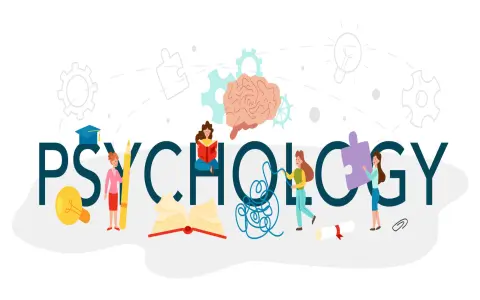Alright folks, buckle up. So this whole psychology vs sociology thing kept popping up everywhere. Podcasts, chats, even news articles. Everyone seemed to be using these words kind of… loosely. Like they meant the same thing? But something felt off. I decided it was time to actually figure out what the heck these words meant. For real, not just guess.
Started Where Everyone Starts: Looking Stuff Up
I cracked open the laptop and just typed it straight in: “psychology vs sociology”. Boom, pages of stuff. A bunch of university websites popped up first, like MIT and Oxford Open Learning. Honestly, some of it went right over my head – way too wordy, way too academic. Felt like reading a dictionary written by a robot. Not helpful.
Next stop? Quora and Reddit. Better. People talking about it more normally. But wow, the answers were all over the place! One person says psychology is just brain science, another says it’s all about feelings. Sociology? One thread calls it group studies, another says it’s cultural stuff. Getting confused here!

-
Key Things I Kept Seeing:
- Psychology = individual mind and behavior.
- Sociology = group behavior, societies, cultures.
- Psychology looks inward (why you do things).
- Sociology looks outward (why groups of people do things).
Okay, Time For Some Real-Life Testing
Reading wasn’t enough. I had to see this in action. Needed concrete examples. How do these ideas actually work out there?
First thought: Crime.
-
Psychology Lens:
- Why did this specific person rob that store? Past trauma? Addiction? Mental illness? A specific trigger?
- Focus is entirely on the individual’s thoughts, emotions, history.
-
Sociology Lens:
- Why is robbery more common in this neighborhood vs that one? Poverty levels? Lack of opportunity? Gangs? Systemic neglect?
- Focus is entirely on the community, structures, pressures.
Lightbulb moment! Same event, totally different angles. Psychology digs into the robber. Sociology digs into the environment that might have influenced the robber.
Another Test Drive: Feeling Sad
Let’s say I’m feeling really down.
-
Psychology Approach:
- What’s going on in my head? Am I depressed? Is it anxiety? Grief? Past experiences messing with me?
- A therapist helps me understand my thoughts and feelings.
-
Sociology Approach:
- Is feeling down more common in certain groups? What about people doing my job? People living where I live? What pressures do our society put on us (social media, work culture, expectations) that make people generally feel low?
- A sociologist studies trends of sadness in populations.
Again, different angles! One helps the person, the other looks at the bigger picture affecting many people.
The Final Picture
After diving in and trying to map it onto real stuff, it clicked.
-
My Easy Cheat Sheet:
- Psychology: Think IN. Zooming IN on one person. Why this person thinks, feels, acts a certain way. Think brains, emotions, therapy, individual past.
- Sociology: Think OUT. Zooming OUT. How groups of people function, behave, form cultures. Think communities, societies, classes, systems, trends.
Basically, psychology asks “What’s going on inside you that makes you do that?” Sociology asks “What’s going on around all of you that makes people like you do that kind of thing?”.
They’re not rivals. More like two sides of the same coin. Psychology gives you the detail on the individual pieces. Sociology gives you the big picture of how those pieces fit together and influence each other. Needed both to finally make sense of it!

